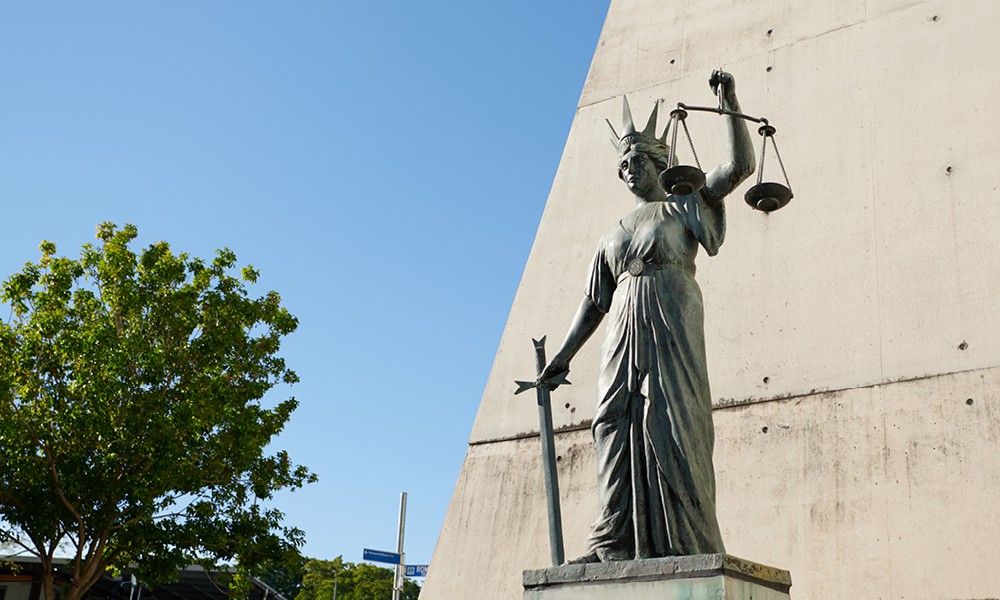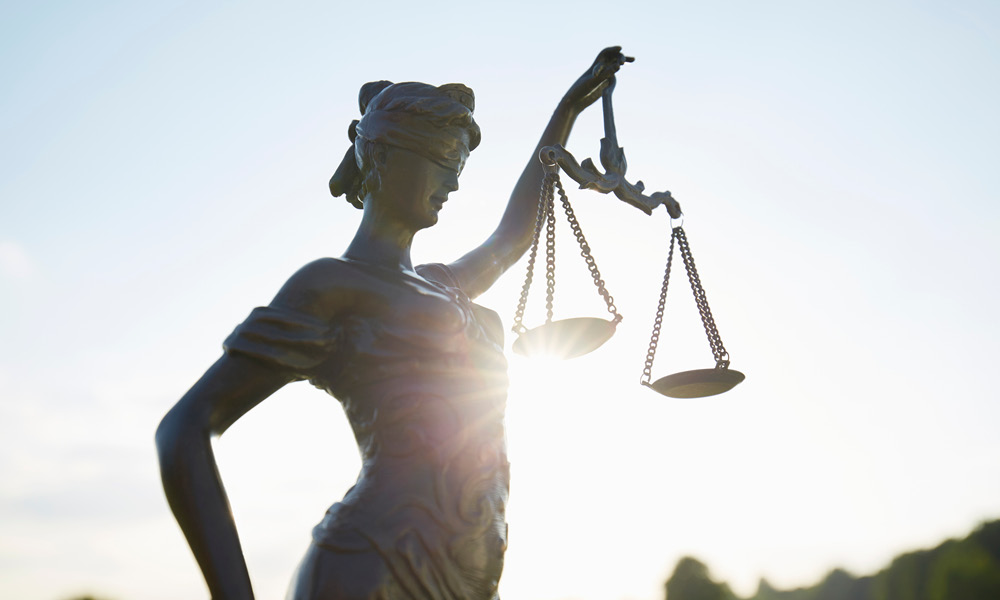Keywords
Nominal defendant – Vehicle and cyclist – Reasonable inquiries – Definition of at-fault unidentified vehicle – liability only – Good Samaritan.
Facts
The plaintiff was on a bike ride when she alleged that a vehicle brushed her thigh on a bend in the road, causing her to ride onto the gravel and fall, subsequently breaking her leg. The unidentified vehicle failed to stop at the accident scene.
The Plaintiff’s husband (Troy) gave evidence that at the time of the accident he chased after the vehicle however; he did not recall the registration. He said he was more focused on catching the vehicle than remembering the registration.
When the plaintiff was taken to hospital, the three children, whom she was on a ride with, were taken to her mother’s house which was a short distance from the accident scene by an unidentified Good Samaritan.
It was put to the Plaintiff’s mother in cross-examination that this Good Samaritan delivered the children by car, but this was denied. The plaintiff’s mother gave evidence the lady walked her grandchildren to the house, and she was unable to recall any vehicle. It was alleged by the defendant that the driver of the unidentified vehicle and the Good Samaritan were in fact one and the same.
Decision
The Honourable Justice Forbes, delivered 22 October 2024.
These matters gave rise to the following questions:-
- Is the vehicle alleged to be at fault an unidentified vehicle within the definition of sec. 96(8) of the Act;
- If so, has the plaintiff complied with s96(2) of the Act such that she is able to recover against TAC pursuant to sec. 96(1)?
Her Honour found the answer to (a) and (b) is yes.
Ratio
Her Honour considered the following factual matters in dispute:-
- Whether the unidentified vehicle passing at the time of the accident caused the plaintiff’s fall from her bicycle;
- If so, whether there was negligence on the part of the driver of that vehicle that was a cause of the plaintiff’s injury, loss and damage;
- Whether the good Samaritan vehicle was the same car as the unidentified vehicle.
Her Honour was not satisfied that the plaintiff was actually or physically hit by the unidentified vehicle however, she was satisfied that the unidentified vehicle was negligent in driving close enough to the plaintiff so as to cause the plaintiff to veer from the bitumen road onto the gravel where she lost balance and fell thus causing the plaintiff’s injury, loss and damage.
Her Honour also found, on balance, that the unidentified vehicle and the Good Samaritan were not the same vehicle and accordingly, there was no further opportunity that the unidentified vehicle could be identified on the day of the accident.
With respect to further inquiries undertaken by the Plaintiff in an attempt to identify the unidentified vehicle, her Honour was satisfied that given the lack of eyewitness accounts, CCTV and statement by the Plaintiff’s husband and his reporting to Mildura Police Station, Her Honour was not persuaded that any further inquiry would have been reasonable.
It was suggested by the Defence at trial, that the Plaintiff should have undertaken some form of public appeal, however, Her Honour dismissed this allegation. Her Honour made specific note that the obligation to undertake inquiry of an unidentified vehicle does not fall solely to the Plaintiff.
Her Honours reasons are consistent with the Queensland decision of Ford v Nominal Defendant in which, the Court of Appeal found that ‘searches and inquiries that are not realistically likely to produce results are not a requirement of “proper inquiry and search” and further “proper inquiry and search” does not require a person to undertake steps that have only a faint possibility of being productive.’













Share this article